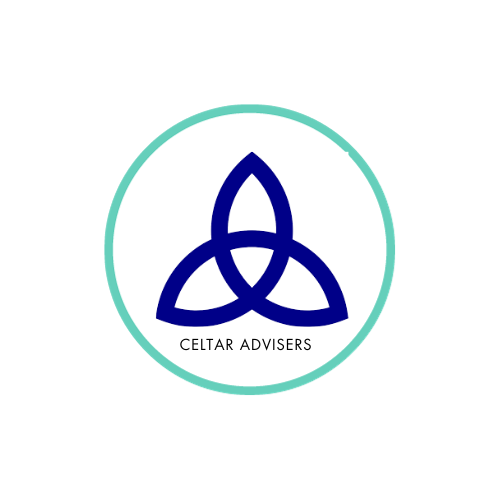Introduction
Working with many Dublin owner managers across a wide range of sectors over the months of the pandemic, I am struck by the variety of business models I was coming across.
The great thing about start-ups is that they are still considering their business models, and have the flexibility to change their value proposition* as they plan to enter a market. However, more established small businesses may not have the same flexibility, but they can also react quickly to opportunities.
The White Space
In his book “Reinvent Your Business Model: How to Seize the White Space for Transformative Growth” Mark Johnson explores how companies can identify and leverage opportunities to serve new customers or serve their existing customers in new ways.
“The White Space”, Johnson says, “is where companies can go into places where they’re serving new customers in new ways or even serving existing customers in fundamentally different ways.” The common denominator here is that you need a new business model to do that. You need a new way of operating, a new way of delivering value, and capturing value to be able to venture out and serve new sets of customers in that white space.
One of the Celtar clients successfully did just that several years ago. Serving a B2B market with specialist electronic equipment sourced from South Korea, they realised that there was another opportunity to meet the needs of their customers. They rebranded the equipment as their own, now sourced from new manufacturers in Taiwan (maintaining similar quality and technical standards). The next step was to sell their substitute directly to their customers as a new and cheaper (and higher margin) alternative.

The infographic which I have share with many clients offers examples of many different business models, which one fits your company’s value proposition I wonder?
The pandemic has forced many companies to change their business models – a busy artisan food cafe in Athlone (Ireland) is now offering click & collect and has started to produce their own range of food products, which are self-distributed to local independent stores. Many Dublin restaurants are now selling Meal Kits, so their customers can sample fine food at home. With time on their hands from the Lockdowns, people are cooking more at home. The ravaged entertainment industry is fighting back with free and paid-for concerts. One concert I booked features a favourite Irish choral group, Anuna, Anuna Live from London.
Business advisers and mentors have had to raise their game. We have hardly met a client since March, and as Billy Linehan of Celtar says “meeting clients on Zoom has proved surprisingly effective, whether new clients or long-established business owners we have worked with for years. A seamless service has been offered for Celtar clients and clients of the variety of programmes we work on. Preparation for meetings and pre-meeting research has become more important, and often meetings have become more productive.”
Shortly on the new Celtar website, new clients and ‘the curious entrepreneurs’ will be able to pre-book (and pre-pay) for one2one sessions.
If you are interested in the ideas behind “Reinvent Your Business Model: How to Seize the White Space for Transformative Growth, see the author Mark Johnson explain How to Seize the White Space in this YouTube clip
*A value proposition is a promise of value to be delivered, and is the primary reason a prospect should buy from you
Interested in the Family Business model, see 5 attributes of enduring family businesses
Billy Linehan, your next business mentor?
Billy Linehan describes himself as a long-term business adviser & mentor. Working with small business owners for the last 30 years, he is now principal of Celtar business & management consultants. You may contact him direct for a Zoom session, or he is available on many “schemes” as a mentor and consultant. He advises clients of local enterprise offices in Dublin, is an Enterprise Ireland mentor and recently provided guidance on the Skillnet Ireland MentorsWork programme.



